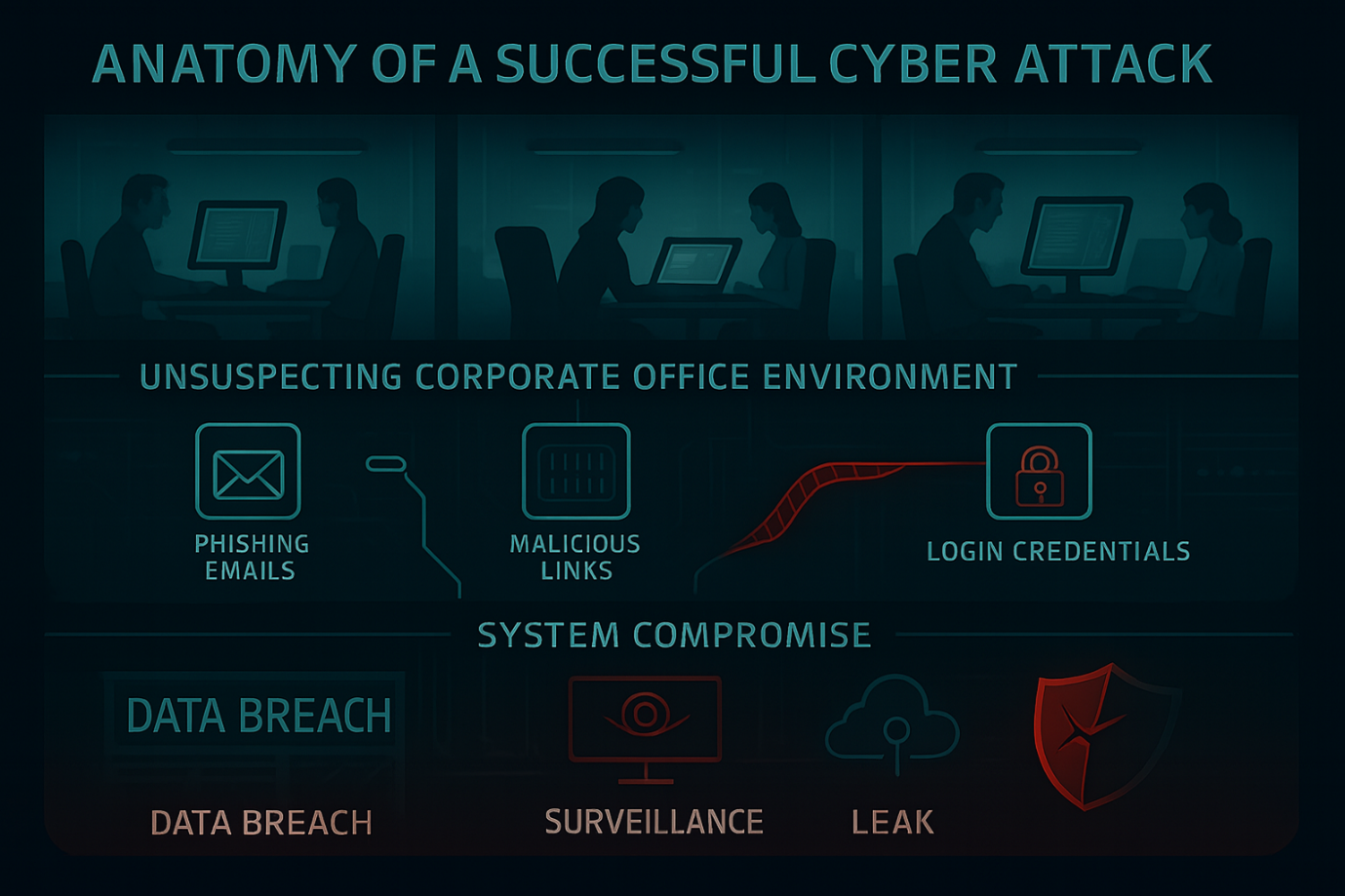Why cyber resilience is pivotal is a question that is not asked enough. We as a nation need to be aware of the far-reaching consequences of cyber resilience and the lack thereof.
Pakistan’s recent Tier 1 placement on the Global Cybersecurity Index (GCI) 2024 is something to be proud of.
Against the five GCI pillars for measuring a country’s preparedness for cyber threats, Pakistan scored exceptionally well.
This is a testament to our cyber security defenses, but have you ever wondered why we went through all the trouble to improve our GCI ranking, which stood at 79 out of 182 in 2021?
The answer to that is cyber security resilience for protecting our nation against evolving cyber threats.
Cyber resilience itself refers to an organization’s ability to assess, prepare for, respond to, and recover from cyber threats and incidents.
Pakistan, much like other economies worldwide, is becoming increasingly dependent on its Information and Communications Technology (ICT) infrastructure.
And what is the significance of becoming increasingly dependent on ICT infrastructure, you ask? Mostly everything in your day-to-day life is influenced by ICT.
That includes critical infrastructure sectors like banking and finance, healthcare, emergency services, and more.
It is not too much of a stretch to say that ICT forms the backbone of digital and, by extension, national operations.
Forget monetary losses for just a second, cyber attacks on ICT infrastructure have the unfortunate potential of halting critical operations running economies.
We now have an idea of why cyber resiliency is important, and for a harrowing reminder of what happens without it, just look at Estonia’s example here.
With that education out of the way, we can now focus on what businesses of all sizes need to do to avoid becoming the next victim of a cyber attack.
This step also begins with awareness. Awareness of the different stages of a cyber attack.
Anatomy of a Cyber Attack

Showcased in the image are the mechanics of a contemporary cyber attack.
Cyber security experts are aware of each step. When provided with the required resources in the form of necessary tools and dedicated teams, they can neutralize these threats in their early stages.
Businesses can, however, come across the issue of building cyber security resilience, especially when there is a global cyber security talent shortage.
The lack of specialist cyber security resources, bundled with limited budgets for hiring specialized teams and limited knowledge about tackling cyber threats beyond the general brief, can hurt businesses in the long run.
Businesses well-equipped with the severity of the situation generally outsource their cyber security to the best-in-class managed security service providers (MSSPs).
We present a case below for one of the leading Managed Cyber Security service providers in Pakistan, Wateen, and how your business can benefit from it.
Wateen’s Strategic Role in National Cyber Defense
One of the leading ICT companies in the country, Wateen, is essential to safeguarding Pakistan’s digital future as the digital landscape transforms. Wateen’s Managed Cyber Security assists businesses in transitioning from reactive to proactive cyber preparation and security postures.
Wateen’s CSaaS is actively strengthening businesses throughout Pakistan with solutions like:
- Extended Detection Response (EDR/XDR)
- Managed Detection Response (MDR)
- Security Information Event Management (SIEM)
- Security Orchestration, Automation, Response (SOAR)
- Offensive Security and much more
The solutions provided are in accordance with the global security framework (NIST): Identify, Protect, Detect, Respond, and Recover.
Wateen’s Managed Cyber Security service, with its dedication to data sovereignty, localized infrastructure, and certified subject matter experts, establishes Wateen as a reliable cross-sector partner in a world of ongoing digital battle.
Wateen’s SOCaaS is safeguarding the digital assets that drive Pakistan’s economy in sectors including banking, healthcare, telecommunications, and many others.
Wateen’s Cyber Security Resilience as a National Priority
The current spate of cyber attacks ought to act as a warning. Cyber threats are on the rise in Pakistan. Cyber resilience is now necessary, not optional.
Building cyber resilience must be a strategic goal for all organizations and businesses, public and private. This calls for frequent audits, penetration testing, staff training, and cyber-aware leadership in addition to antivirus software.
Collective action is also required, as is a public-private ecosystem that normalizes information exchange, coordination of quick responses, and investment in cyber security expertise.
Pakistan has the ability to lead the region in cyber security resilience and not merely protect against cyber attacks, with Wateen’s Managed Cyber Security at the forefront.
